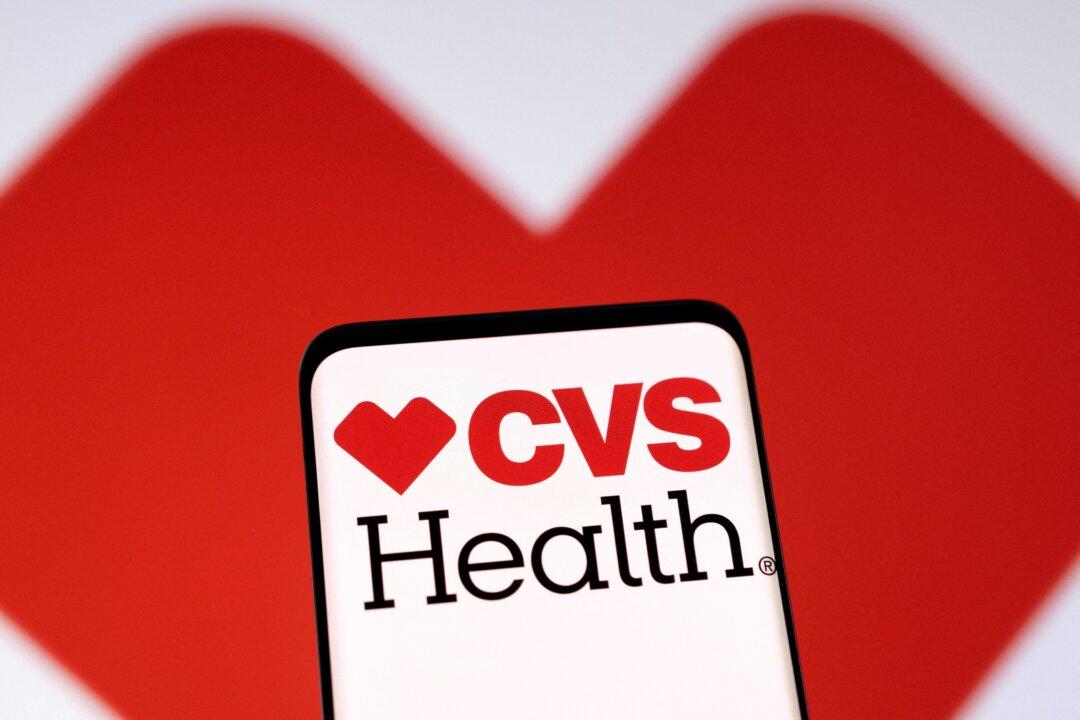CVS Health lowered its adjusted profit forecast for 2024 on Wednesday after an increase in medical procedures among older adults in the United States fueled costs in its insurance business in the fourth quarter.
The company beat Wall Street estimates for fourth-quarter profit, however, on strength in its drugstores and its pharmacy benefits management (PBM) unit, which negotiates drug prices between insurers and manufacturers. Its shares rose over 3 percent to $76.26 in morning trading.





